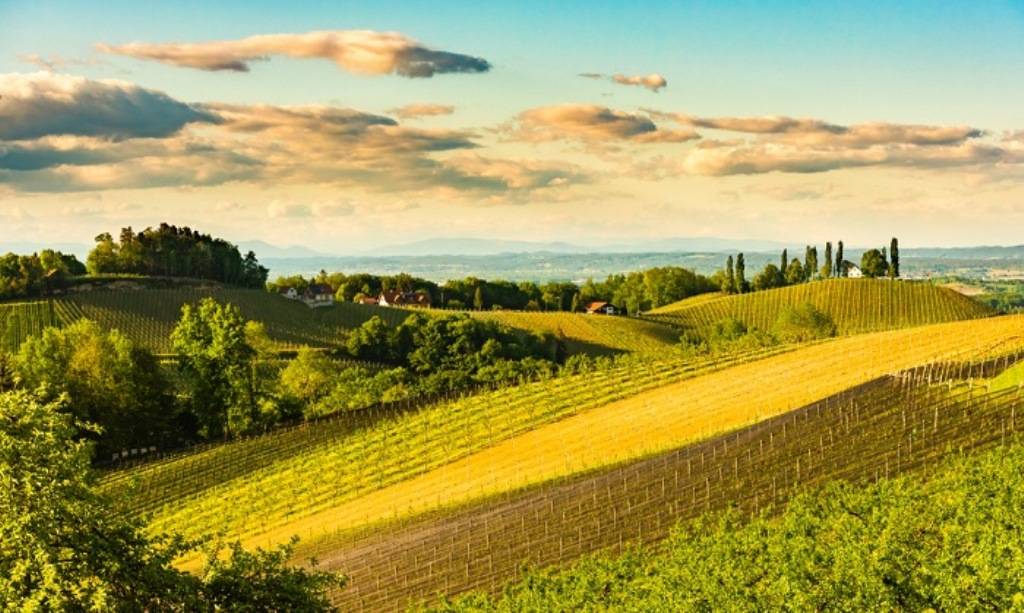
While COVID-19 has exacerbated Europe's food security vulnerabilities, current agriculture practices keep damaging the environment, provoking drastic biodiversity loss and emitting 10% of the EU's annual carbon emissions.
The European Committee of the Regions has put forward a comprehensive set of measures to foster agroecology in the EU. Agroecology reduces the carbon footprint of agriculture, fosters the recovery of biodiversity, restores soil fertility, prevents air and water pollution, and increases the economic and social resilience of farms with healthy and accessible food. Agriculture covers half of Europe’s land territory and it emits 10% of the EU's annual carbon emissions. Reforming the Common Agriculture Policy to shift agricultural practices is key to deliver on the European Green Deal, the Union's strategy to reach climate-neutrality by 2050.
The ongoing reform of the Common Agricultural Policy (CAP) is an unmissable opportunity to ‘green’ the agriculture sector, reduce its negative environmental impact and ensure food security in the EU, members agree.
Guillaume Cros (FR/Greens) , Vice-President of the Regional Council of the Occitanie-Pyrenees-Mediterranean region and rapporteur of the CoR opinion on agroecology , said: "The present pandemic has exposed the weaknesses of our globalized agriculture and food system. European agriculture needs an agronomic, social and territorial transition that brings along greater sustainability and resilience. Agroecology is the answer to the multiple challenges we face: the need to decarbonise our agriculture, reconquer biodiversity, restore soil fertility and enhance the economic and social resilience of our farms to ensure healthy, local and affordable food for everyone. Based on a network of small and middle-size farms, agroecology can also be instrumental in revitalising rural areas across the EU."
The CoR welcomes the call for a significant transformation in agricultural policy that the European Commission has put forward in the Farm to Fork (F2F) strategy. However, the CoR asks that the new law on sustainable food systems announced in the F2F strategy integrate a binding legal framework to begin a genuine agroecological transition.
Based on small and medium-sized farms, Agroecology cannot be developed if CAP direct payments remain allocated per hectare and not per active person on the farm. The CoR proposes a gradual shift from a basic payment per hectare to a basic payment linked to the number of active persons and for direct payments to be funnelled as a matter of priority to small and medium-sized agroecological farms.
The following operational proposals are:
-
The European Commission to propose a new directive on agricultural soils to halt the decrease in organic matter content, stop erosion and prioritise soil life in agricultural practices.
-
Further, promote the development of short supply chains and small-scale processing of agricultural products.
-
The expansion of protected agricultural areas, creation of agroecological demonstration farms, and tools for monitoring the implementation of the agroecological transition.
-
EU legislation to exclude genetically modified or mutagenic seeds and to stop importing agricultural products that do not comply with European social and environmental production standards.
-
The introduction of a system of bonuses and penalties as part of the eco-schemes of the new Common Agricultural Policy. The eco-schemes should represent at least 30% of the first pillar’s funds.
-
Safeguard animal welfare and climate mitigation by changing the current livestock farming into human-scale, ensuring as much free range as possible and self-sufficiency in feeding animals. It is time to end cage rearing, as requested by a recent citizens' initiative and the CoRopinion on the CAP reform.
-
Reducing VAT (Value Added Tax) on organic-local- seasonal products along with "local" meal vouchers and the introduction of a significant percentage of such products in mass catering.
-
"Long contracts for agroecological innovation" between groups of farmers and local or regional authorities.
-
The EU to coordinate and facilitate a network of municipalities committed to taking measures to promote resilient, sustainable agriculture and food systems, as the Covenant of Mayors for Climate and Energy.
Background:
The CoR opinion on agroecology has been adopted during the plenary session of the European Committee of the Regions on 3-5 February 2021.
In the 2020 state of the environment report, the European Environment Agency (EEA) warns that Europe faces environmental challenges of unprecedented scale and urgency.
Green Deal Going Local (GDGL) is a new initiative by the European Committee of the Regions, which aims to place cities and regions at the core of the European Green Deal, ensuring that both the EU's sustainable growth strategy and the COVID-19 recovery plans translate into direct funding for cities and regions and tangible projects for every territory. Green Deal Going Local was launched on 15 June 2020 with the creation of a specific Working Group composed of 13 members.








